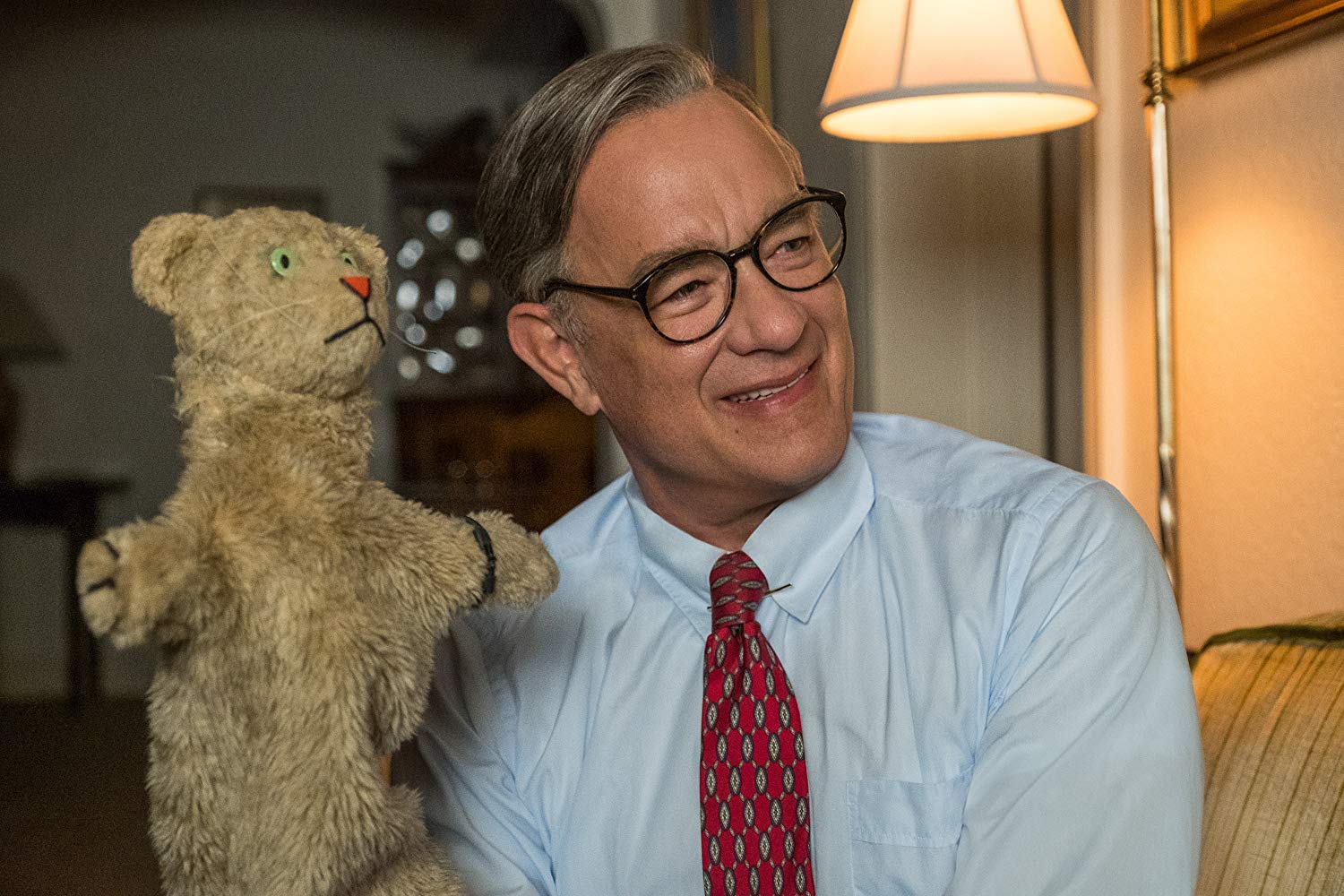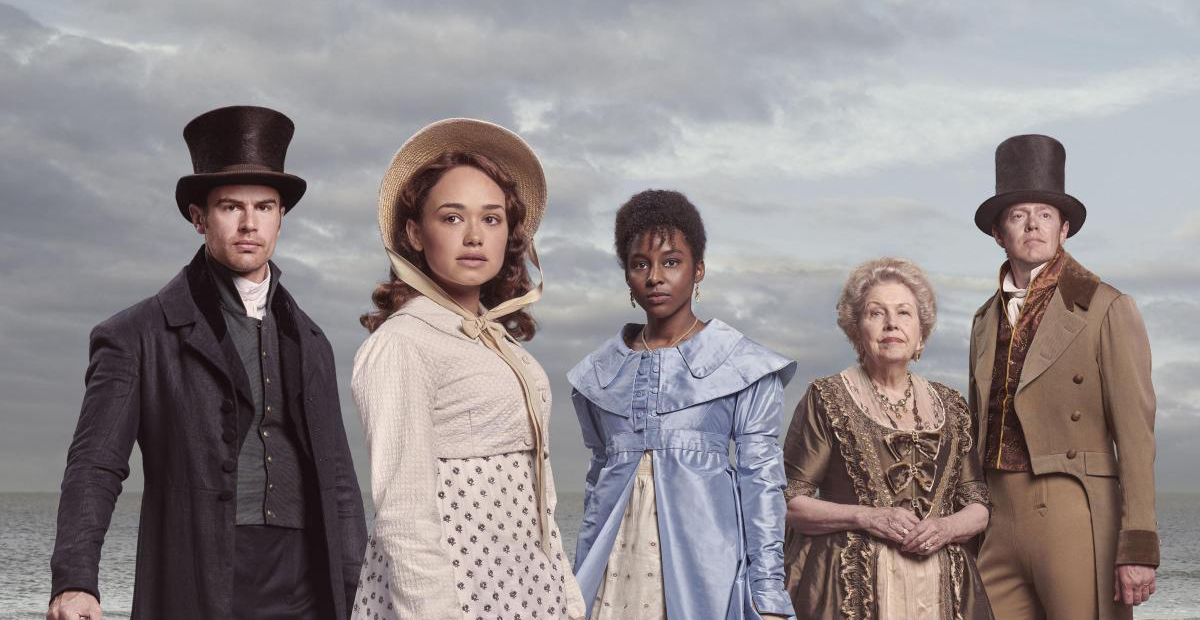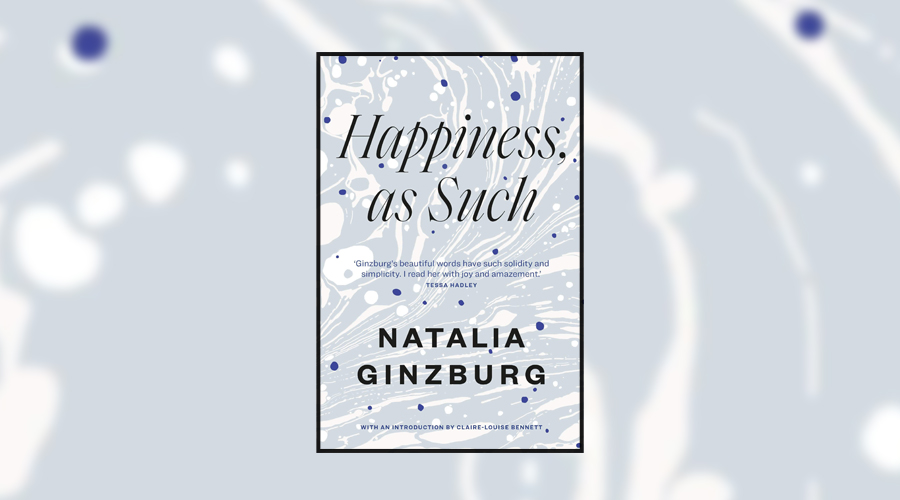A Beautiful Day In The Neighborhood – BFI London Film Festival Review

Two years ago, I didn’t know who Fred Rogers was. Slowly, but very surely, reports of a documentary that broke audiences into puddles in their cinema chairs began to flood in. Memorably, writer Kirsty Puchko and Jeff Cannata sang the praises of Morgan Neville’s Won’t You Be My Neighbor? On the /Film Podcast. Hearing how powerful, warm and culturally important it is in the USA, I made a beeline to see the film at the London Film Festival 2018. His Republican membership and dated approach towards an LGBTQ+ member of his cast sat uncomfortably, therefore I didn’t quite “feel” the film as my US counterparts did. The year rolled on and my anticipation of A Beautiful Day in the Neighborhood was trepidatious; conscious that I would, once again, feel like an outsider peering into a story that only those who experienced the charm of Mister Rogers’ Neighborhood, on TV for almost a thousand episodes between 1962 and 2001, would engage with. Thankfully, Marielle Heller’s creative direction, an innovative script and the exquisite casting of Tom Hanks in the Mister Rogers role captured my heart and left me walking out of the cinema with a spring in my step.
Beginning in the world of Mister Roger’s neighbourhood, Tom Hanks introduces us to people we recognise: Lady Aberlin (Maddie Corman), King Friday XIII and then Lloyd Vogel (Matthew Rhys). It looks like a contemporary picture, and Lloyd has a bloody nose. Mister Rogers tells us about forgiveness and the ability to be able to forgive and embrace those who have wronged us. We are then introduced to Lloyd’s world, in the late nineties, as he has a newborn to raise, a wife (Susan Kelechi Watson) who needs his help and an upcoming siblings wedding to attend. His Dad (Chris Cooper), a figure in his life he hasn’t seen for twenty years, is also going to be there. With the multitude of pressures building up, despite Lloyd’s success in journalism (he writes for Esquire magazine), his editor assigns him to the task of profiling Mister Fred Rogers. A 400-word puff piece to support Rogers’ image in a “heroes” issue of the magazine. Lloyd and Fred meet, and the film begins in earnest, as the cynical Lloyd comes face-to-face with the irreplaceable Mister Rogers. Akin to the documentary, there are problems with A Beautiful Day in the Neighborhood. It cannot hide the fact that Lloyd’s problems, as deep and severe as they may be, are thankfully a combination of two stubborn people who want to find peace – they just don’t quite know how to gain it. There are no mental health issues to speak of or crimes committed that may make you feel as if Lloyd’s decision to not speak to his father is justified. A Beautiful Day in the Neighborhood chooses a relationship that is salvageable and, as a feel-good film, it won’t let you leave the cinema without feeling warm and cosy inside. In that respect, there is evidence to support how twee and cheesy the whole endeavour is. There’s no effort to introduce the more complicated conservative belief system of Rogers where he is acutely aware that children grow up to become “consumers”.
Akin to the documentary, there are problems with A Beautiful Day in the Neighborhood. It cannot hide the fact that Lloyd’s problems, as deep and severe as they may be, are thankfully a combination of two stubborn people who want to find peace – they just don’t quite know how to gain it. There are no mental health issues to speak of or crimes committed that may make you feel as if Lloyd’s decision to not speak to his father is justified. A Beautiful Day in the Neighborhood chooses a relationship that is salvageable and, as a feel-good film, it won’t let you leave the cinema without feeling warm and cosy inside. In that respect, there is evidence to support how twee and cheesy the whole endeavour is. There’s no effort to introduce the more complicated conservative belief system of Rogers where he is acutely aware that children grow up to become “consumers”.
But what truly makes A Beautiful Day in the Neighborhood accessible to all audiences is Hanks himself. Mister Rogers, the person, is not the focus here – it is the writer Lloyd who has a cross to bear. Knowing Hanks’ endearing and familial tone, it is he who welcomes us and supports us through. It is Tom Hanks – not Fred Rogers – staring down the lens to us, who forces us to reflect and remember our loved ones. Between Tom Hanks, the playfulness of the direction and the genuine warmth and sincerity in the filmmaker’s intention, it is difficult to not be swept up in the message of A Beautiful Day in the Neighborhood. A force for good, A Beautiful Day in the Neighborhood is an impressive achievement, tying together the message that sits at the heart of Mister Rogers’ mantra and placing it against a story that we can all understand, if not relate to. Like Lloyd, you’ll watch the film as a cynic, keen to understand what really makes this man tick. But by the end, you’ll be full of joy, love and gratitude for the gifts – and the friends and family – that you are lucky enough to have.
★★★★


